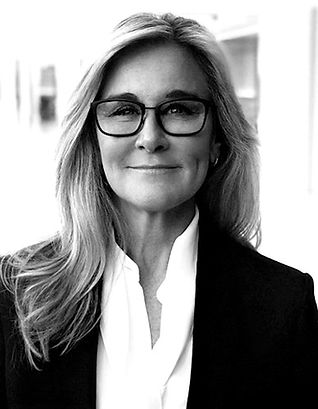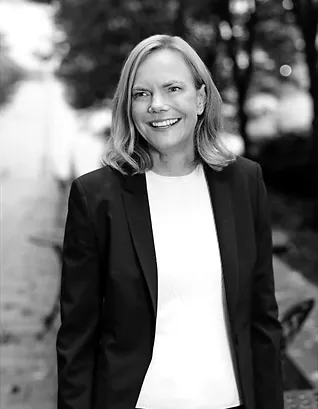Linda Nazareth
Speaker Bio
Linda Nazareth is an accomplished economist futurist specializing in demographic, workplace and economic trends, and how they will shape our future.
In 2020, she launched her podcast: Work and the Future, and in 2021, she’s focused on her work on Trends Changing the Post-Pandemic Economy.
Linda’s authored several books including her latest, Work is not a Place: our lives & our organizations in the post-jobs economy, where she engages people in thinking about what the world might look like when we replace the idea of ‘jobs’ with that of ‘work’ – and why that might not be a bad idea at all.
Nazareth is also the Senior Fellow for Economics and Population Change at policy think-tank the Macdonald-Laurier Institute.
Her book Economorphics: The Trends Turning Today into Tomorrow, actually started as a presentation to companies looking for help in strategic planning. Previous books include The EverAfter Effect ‘on waking up from the boom years’ and The Leisure Economy examining the retirement of the baby boomers and the attitudes of ascendant generations X and Y.
Her clients have included everyone from American Express through to The Economist Magazine, and all have benefitted from her ability to take big ideals and distil them into information they can use for their own strategic plans.
Prior to this, Nazareth was the Senior Economic Analyst for Business News Network (BNN) and Canada’s only full-time on-air economist for over a decade, as well as a Senior Economist with a top 5 bank, and with the federal government.








